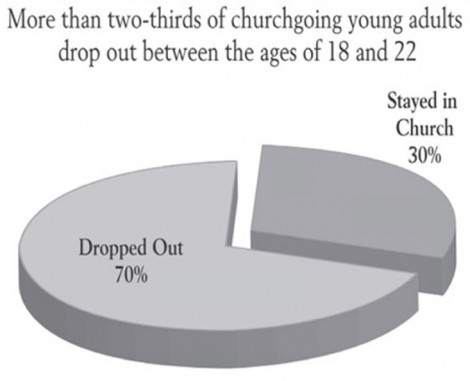This past March we had our annual DNow weekend. Here are some photos in a slideshow put to music, (Jason Gray’s, I Am New).
We are so please to have the best youth pastor ever, Beth Anderson, investing so much into the lives of our young people.
The visiting worship team was from Christopher Newport University, and seven of the nine Bible study leaders were former students of the King’s Grant Baptist Church student ministry, who are currently making a difference on their own college campuses as well.
